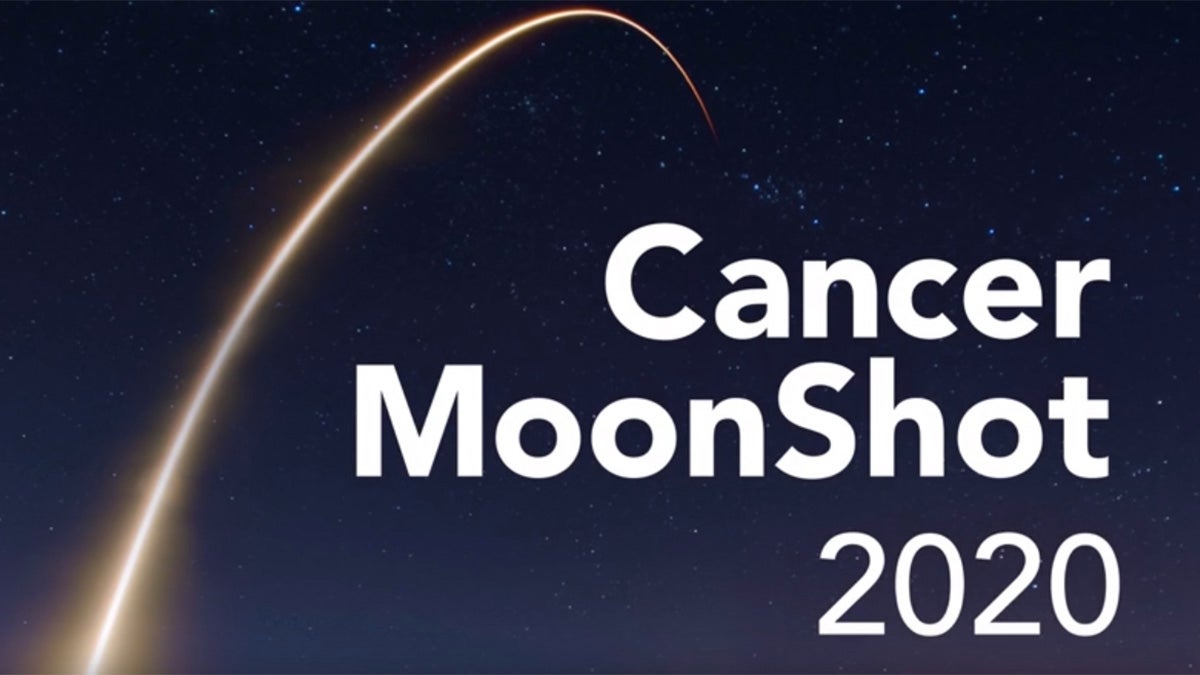Daylong cancer summit set to advance ‘moonshot’ initiative, share information
 youtube.com)" title="screen-shot-2016-06-28-at-3-18-49-pm" width="1" height="1"/>
youtube.com)" title="screen-shot-2016-06-28-at-3-18-49-pm" width="1" height="1"/>
(image via youtube.com)
Vice President Joe Biden is leading the push to speed up research in the quest for new therapies to combat cancer.
On Wednesday, during a a daylong National Cancer Moonshot Summit in Washington, D.C., people from across the Delaware Valley will be gathering to hear Biden’s message and talk about fighting cancer.
“Moonshot” evokes the early 1960s when President John F. Kennedy and the rest of the country dreamed about sending a man to the moon. In 2016, curing cancer seems an equally daunting — and inspiring — goal.
At Christiana Care in Delaware, molecular biologist Eric Kmiec hopes researchers around the country will share information more quickly.
Kmiec, who directs the gene-editing program at the Helen F. Graham Cancer Center and Research Institute, likened gene-editing technology to a kind of genetic spell check.
“There are genes that are mutated in cancer,” Kmiec said. “If a gene is thought of as a word, and the letters are considered the basis of a gene, when an incorrect letter is in place, we now have the capacity to go in and fix or change that letter.”
Knowing which genes are mutated helps researchers better understand the root causes of cancer.
As university and hospital research groups around the country make more use of the gene-editing technology, Kmiec said, Biden’s initiative could push researchers out of their individual silos to share information sooner.
“We will then take that information and develop strategies for making new anti-cancer drugs,” he said.
In Nashville at Vanderbilt University, physician-scientist Christine Lovly said clinical trials are the key to making progress against cancer.
Lovly, an early-career scientist, has won recognition from the American Association for Cancer Research for her investigations of potential therapies for lung cancer. This week, she’ll be in Washington, D.C., to speak with congressional leaders about the Moonshot Initiative.
The program can knock down barriers to clinical trials and education people about their importance, Lovly said.
“Tell patients and their caregivers and other physicians — where are the trials; what are the diseases that these trials are open for; and how do you get access to them,” Lovly said.
Dispelling myths about clinical trials is a good place to begin education, she said.
“Trying to help patients and caregivers know that clinical trials are not a last-ditch effort,” Lovly said.
Among health leaders, there’s some skepticism and lots of different ideas about just what Biden’s cancer moonshot can achieve. Some say the priority should be closing racial gaps in cancer care. Others want lawmaker to increase funding for cancer research.
“We’re up against some stiff competition,” said Adam Batchelor, a volunteer with the American Cancer Society Cancer Action Network.
“It’s hard for [lawmakers] sometimes to want to spend the money, we need to remind them — although that can be hard — their work can be measured in lives saved more than dollars spent,” he said.
Batchelor, who lives in Drexel Hill, Pennsylvania, was a teenager when his grandfather battled and then died of cancer.
“The goal of the cancer moonshot is to say, ‘Let’s do in five years what we could have done in 10 years,'” Batchelor said.
WHYY is your source for fact-based, in-depth journalism and information. As a nonprofit organization, we rely on financial support from readers like you. Please give today.

